Proteinuria refers to a condition where protein is found in the urine. It may be a sign of kidney disease but can also cause further damage.
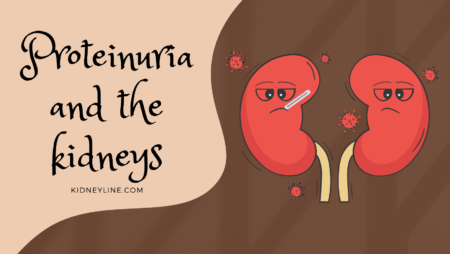
an online kidney care resource
an online kidney care resource

Proteinuria refers to a condition where protein is found in the urine. It may be a sign of kidney disease but can also cause further damage.

If you’re scared because you’ve been told you are to start dialysis, know that you’re not alone. In this blog post, we will address some concerns.

Self-forgiveness occurs when we acknowledge our wrongdoing, experience remorse and treat ourselves with self-compassion.

Plantains are great sources of energy, fiber, minerals, and vitamins. But they are rich in potassium and may require some planning to fit it into your diet.

Dealing with CKD alone is tough and having people support you can make you feel less stressed. Learn how to tell your loved ones you have CKD in this article.
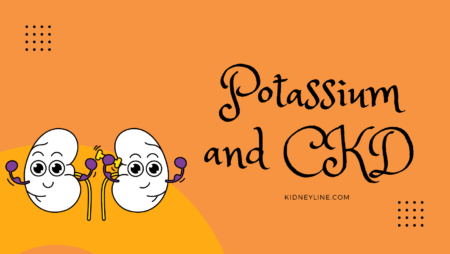
The kidneys play a crucial role in maintaining the right amount of potassium in the blood. Here is what you need to know about potassium and CKD.
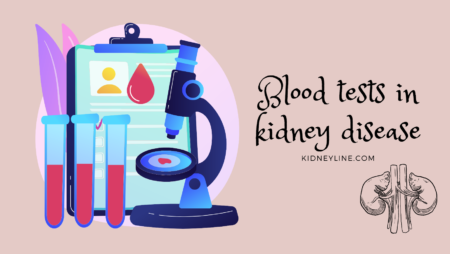
Blood tests in CKD are essential. They are used to detect CKD, check for complications and monitor the progression of the disease.
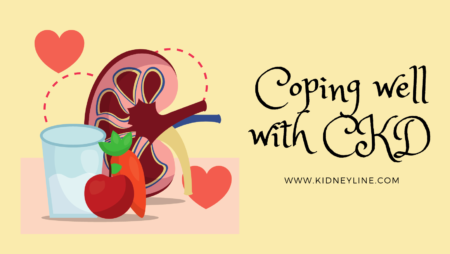
Getting a diagnosis of CKD is distressful for many people. They find it challenging to cope with chronic kidney disease. Here are some strategies that can help
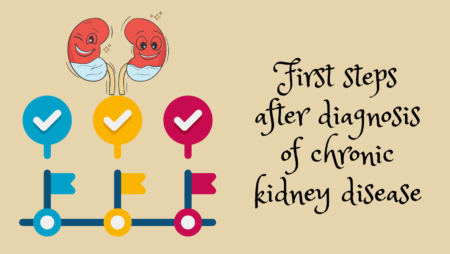
Many people with chronic kidney disease get overwhelmed when they receive a diagnosis. Here are some first steps after a diagnosis of chronic kidney disease
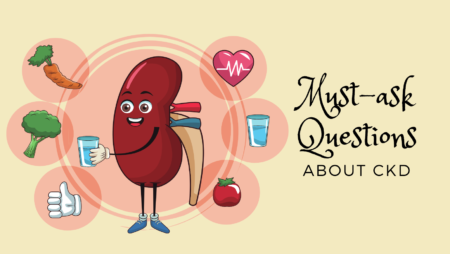
Chronic kidney disease is lifelong and progressive. Here are 5 questions about CKD to help you better understand your diagnosis and take charge of your health